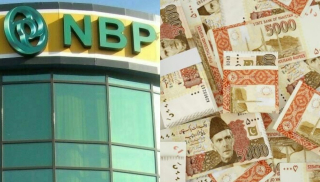Amazon maintains a sizeable presence in India, where it has created some 1 million jobs, according to its founder, Jeff Bezos but the E-commerce giant continues to banish Pakistani sellers. Pakistan is the only South Asian nation not on the list of 102 countries on its platform, despite being one of the biggest manufacturing economies in the region. However, Pakistani merchants have developed their own unique ways of sending their products abroad, termed as “Jugaad” in Urdu, a translation for “hacks” in English.
Some creative hacks deployed by the sellers include using VPN services to access their seller central accounts from abroad – an Amazon portal for the merchants to buy and sell. Pakistani sellers are also following the practice of registering their businesses with overseas bank accounts and addresses and finding overseas business partners to help.
However, it may have to do with Pakistan’s underdeveloped e-commerce sector. Last year, the United Nations Conference on Trade and Development ranked Pakistan 116 out of 152 nations on its B2C E-commerce Index, which measures an economy’s preparedness to support online shopping, behind countries like Namibia and Sri Lanka. The Pakistani government also only passed its first official e-commerce policy in 2019, which was designed to introduce banking services and other infrastructure needed for digital commerce.
A whole industry of gig workers associated with the Amazon industry has come into existence, including the Amazon Virtual Assistants, who aid local and international Amazon sellers, and fulfilment consultants and thrive through communities such as Xtreme commerce and Enablers.
This growth in the Amazon virtual support industry is quite impressive, considering that Pakistani sellers have still not been allowed on the platform. However, removing restrictions on Pakistani sellers could drastically change the game and result in a new era of economic growth as more sellers will visit the platform than ever before.
Source: Restofworld












